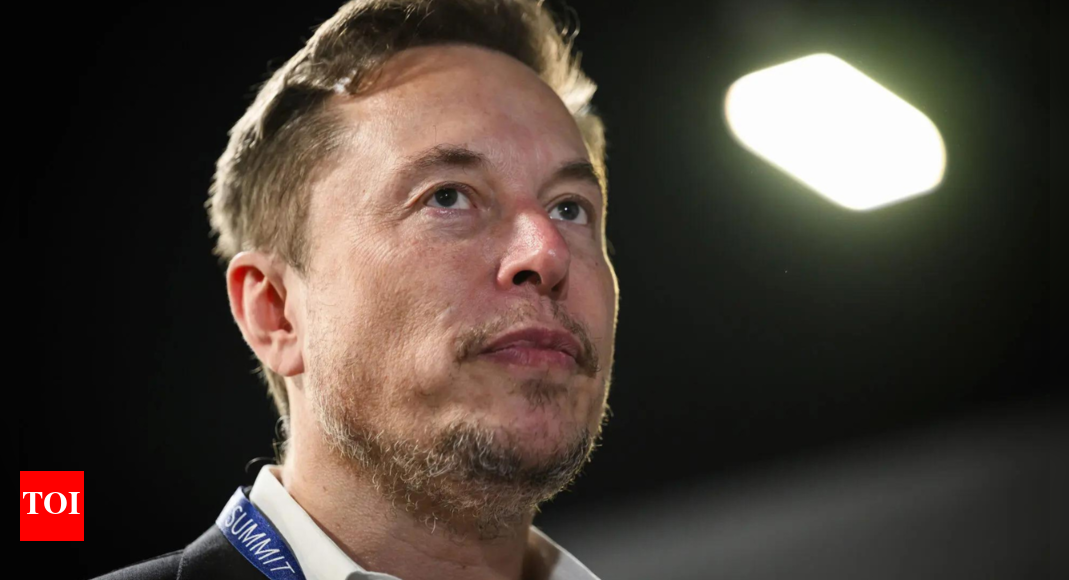House Speaker Mike Johnson recently told reporters he sent Elon Musk a detailed message during negotiations over President Trump’s sweeping One Big Beautiful Bill Act. Days passed, and the message still showed “unread.” Only later did Johnson discover the tech billionaire had changed his phone number after a tense phone call with Trump over the bill’s multitrillion-dollar price tag and its rollback of clean-energy incentives. The silent switch marked the clearest sign yet that Musk—once an informal adviser on government efficiency—had cut direct, private ties with the White House.The disagreement is more than personal drama: Musk’s companies depend on federal contracts and tax policy, and Trump has relied on the entrepreneur’s public support for pro-business branding. The story shows how a single severed line of communication can ripple through legislation, markets, and future space and defence projects.
What triggered the Musk-Trump fallout?
Negotiators were finalising the One Big Beautiful Bill, a tax-and-spending package estimated to cost between $2.5 trillion and $5 trillion over ten years. Musk, who had pressed lawmakers to shrink the deficit, called the draft “a disgusting abomination” that “explodes the debt.” He was especially critical of Section 402, which ends the federal $7,500 electric-vehicle credit after September 2025 and scraps additional clean-energy incentives.
Musk changed the phone number, according to Speaker Johnson
Johnson said he texted Musk to calm tempers and discuss possible amendments. The reply never came. After checking with mutual contacts, Johnson learned the number was no longer active—Musk had switched lines shortly after a heated call with Trump. Johnson later described his message as “out in the ether.”
Why the change matters for policy and business
Federal contracts — SpaceX launches astronauts under multi-year NASA awards. A sour personal rapport does not void contracts, but high-level coordination could slow down if trust erodes.
- Defence work: Starlink supplies secure connectivity to US forces; extension options require Pentagon sign-off.
- Auto incentives: Tesla loses a key subsidy under the new law, raising vehicle prices just as rival brands flood the EV market.
- Political capital: Musk has hinted at forming a centrist “America Party,” which could siphon donors and digital reach from both major parties.
What happens next
Johnson says he still hopes for a face-to-face meeting. Meanwhile, agency officials insist day-to-day cooperation with Musk’s companies will continue under procurement rules. Lobbyists, however, note that large space or defence projects often need executive-branch goodwill—something a changed phone number won’t provide.
Related FAQs
- 1. How long had Musk used his previous number?
Security consultants familiar with high-profile executives say Musk had kept the same primary line since at least 2020, rotating secondary “travel” phones more frequently.
- 2. What is the typical notice period when a federal contractor changes key contact information?
Most defence and NASA contracts require written notice within 30 days if a contractor’s senior representative changes contact details, ensuring project continuity.
- 3. Does the One Big Beautiful Bill include any technology-research funding that benefits SpaceX?
Yes. Title XI authorises $1.2 billion over five years for advanced launch-vehicle R&D, funding that SpaceX and other providers can competitively bid for.
- 4. Are there recorded precedents of CEOs forming successful third parties in US history?
Since 1900, no CEO-led national party has secured more than 19 percent of the popular vote; the most successful was Ross Perot’s Reform Party in 1992.

